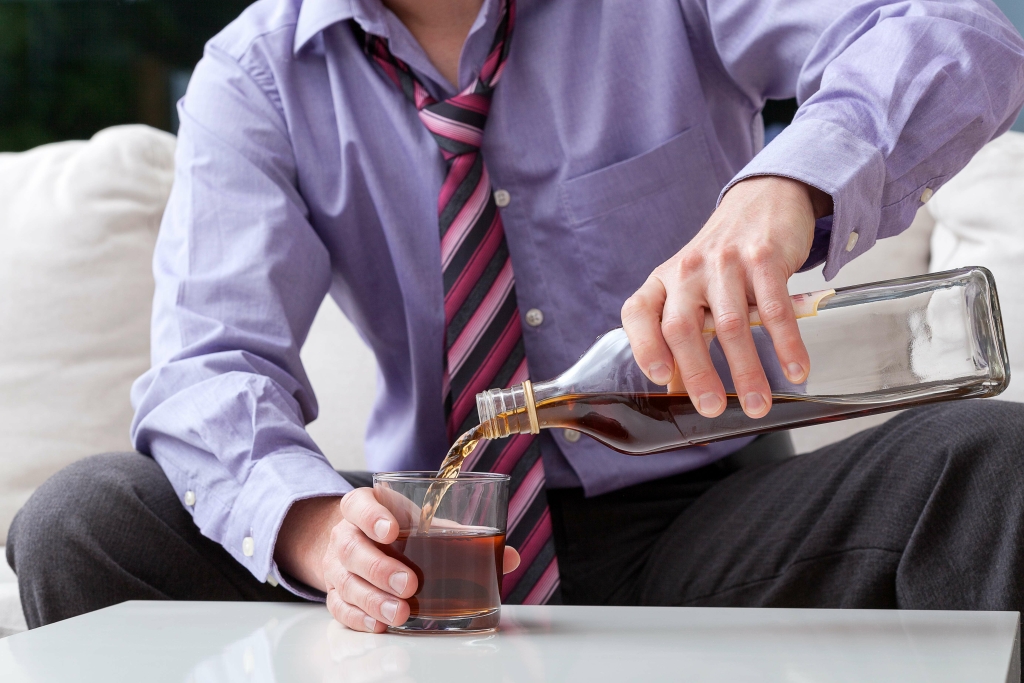Content
Lifestyle factors such as diet, exercise and smoking all combine to raise or lower your risk. Also, some of these conditions, such as esophageal cancer, are pretty rare, so increasing your risk slightly won’t have a huge impact. Alcohol is one of several substances that can damage your liver. Excessive alcohol consumption can cause fat to build up in your liver. This can lead to inflammation and an increase in scar tissue, which can seriously impact your liver’s ability to function as it should.

The early stages of alcohol-related liver disease typically have no symptoms. When they’re present, the early symptoms can include pain in the area of your liver, fatigue, and unexplained weight loss. Continued liver damage due to alcohol consumption can lead to the formation of scar tissue, which begins to replace healthy liver tissue.
2 Change in language markers pre- and during COVID-19
In fact, many people accused her family of trying to manipulate her and her husband by bringing up the alcohol convo so close to Christmas dinner. Recent research makes it clear that any amount of drinking can be detrimental. Here’s why you may want to cut down on your consumption beyond Dry January. Treatment focuses on minimizing additional liver damage while addressing any complications that arise. Mindful drinking offers that middle ground where you’ll proactively improve your drinking habits without any pressure to quit. It centers on being more conscious and thoughtful of how much, how often, and why you drink.
- This range stayed the same whether they were using home remedies for alcohol withdrawal or detoxing at a medical facility.
- Reddit is a publicly available online platform with mostly anonymous and detailed narratives and experiences from over 52 million daily active users participating in more than 100,000 communities (a.k.a. subreddits) [18].
The best way to reduce your risk of developing alcohol-induced cardiomyopathy is to only drink in moderation. That is especially true if you have any kind of condition that affects how your body processes alcohol. Though they aren’t causes of alcohol-induced cardiomyopathy, other lifestyle choices can make it worse. These include using recreational drugs (especially those that affect your heart, such as cocaine) and tobacco (which has major negative effects on your heart, lungs and circulatory system). While alcohol-induced cardiomyopathy comes from long-term alcohol abuse, there’s no universal limit or number that means you’ll develop it. However, researchers have pinpointed certain behaviors that make it more likely you’ll develop this condition.
Apollo for Reddit
Geotags have been used in social media research to identify geographically relevant information from social media data [34-36]. Although prior studies have identified specific hashtags or themed communities for studying behavioral health outcomes, many insights are platform-specific. Although helpful information regarding a behavior of interest or themed community may be available on one platform, there may not be such knowledge available on a different platform. Many previous methods examining alcohol content on social media use data from a single platform [5,37-42]. Single-platform analyses may limit discoveries and interventions to only a fraction of the population at risk. There is a growing need for behavioral health researchers working with social media data to incorporate analyses from many sources [43,44].
What is a Type 1 alcoholic?
Type I alcoholism developed during adulthood and generally was characterized by binge drinking (i.e., prolonged drinking bouts with default of responsibilities), interspersed with prolonged periods of abstinence; loss of control over drinking; excessive guilt about drinking; and rapid progression from mild to severe …
I guess all I wanted to ask were suggestions on meals or exercises you might enjoy, or healthy habits. I used to enjoy sci fi and horror stories but everything since adjusting to a new lifestyle has me anxious, I can’t sit still. I went to see the new Insidious, almost left but stuck to it and resisted the urge to “need” a beer. I feel like I’d really enjoy audio books but I’m just trying to find an interest that suits the mood and doesn’t have my heart racing. I picked up the saxophone buy struggling to find the patience. I don’t know, any feedback, good, bad, related, not, appreciated!
How common is this condition?
But I pushed myself and took a very active role in my recovery. That’s where the weight started coming off and I have now lost around 150lbs. Having been that critically ill, the thought of having even one alcoholic drink is horrific. There’s no circumstance that would ever drag me back there again. I still wouldn’t do that to myself, because it was so terrifying and traumatic being that ill.

After I talked to that doctor, I was out of hospital within a week or so and into a nursing facility for a few weeks. I had lost all strength; I was incapable of walking or taking care of myself. One of the tasks I had to complete to be released was to climb a flight of stairs.
Features that were not present in at least 5% of the posts were excluded as outliers. Pointwise mutual information (PMI) [34] was used to retain high occurrence probability features with a threshold of greater than 6. We removed common English stop words from the MALLET package along with most frequent words mentioning COVID-19 and Coronavirus.
The diverse, profound, and outspoken nature of the discussions on Reddit, make it an apt resource for analyzing individuals’ health behaviors. In the past two years, there have been several research studies assessing different health behaviors using subreddits. Prior data supports that people share their experiences on social media to emotionally cope with pandemic-related sober house anxieties [20–22]. Study on propagation of situational information on social media during COVID-19 with the help of natural language processing has proven to be relevant [23]. Further, changes in people’s emotions and thought patterns during the pandemic were studied to uncover large psychological shifts reflecting three distinct phases of the COVID-19 pandemic [24].
We surveyed 2,136 American adults who either wanted to stop drinking alcohol or had already tried to quit (successfully or not). We asked them about their alcohol use, reasons for drinking, alcohol-related outcomes, health and more. He then extended his no-drinking promise to six months until his June birthday. When that time came, Holland shared that he knew he could maintain his sobriety and recalled feeling the “happiest I’ve ever been in my life. Take some time to learn more about enabling and the family disease of alcoholism, attend an Al-Anon meeting in your area. It may also be helpful to learn more about the resources and information available for families affected by alcoholism.

